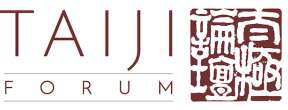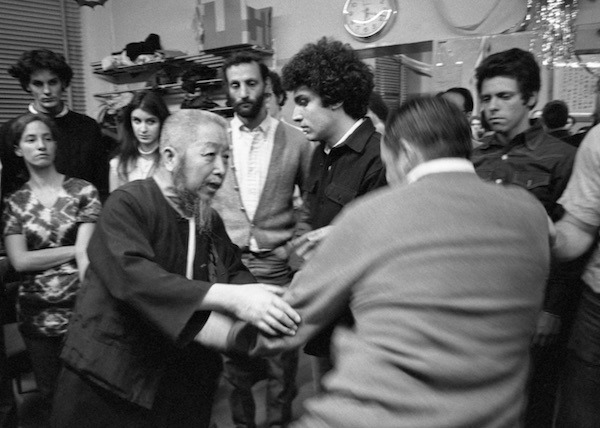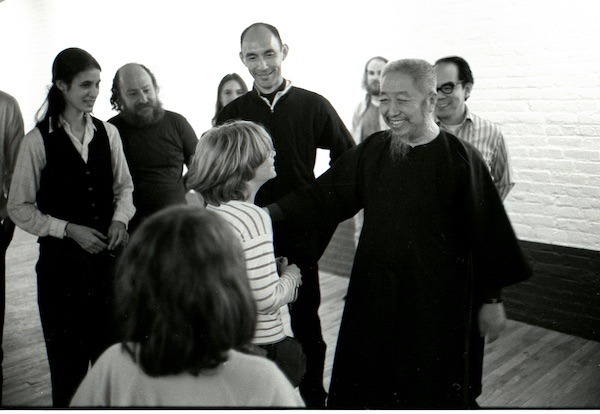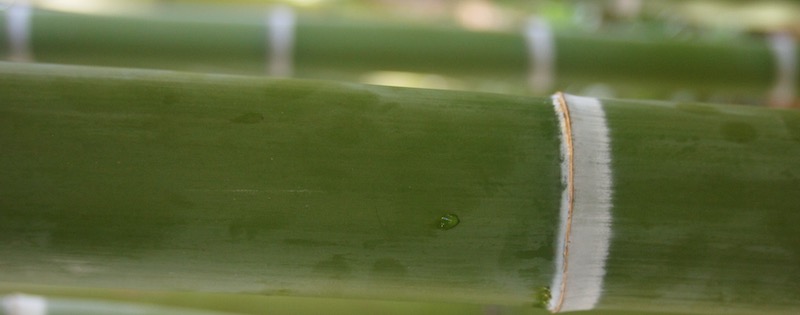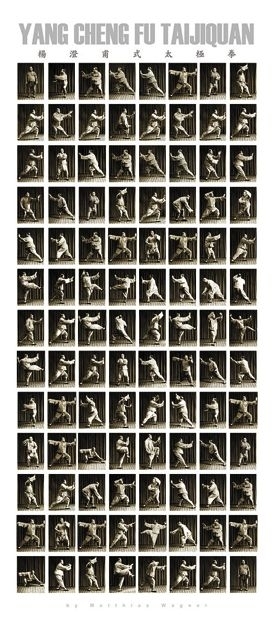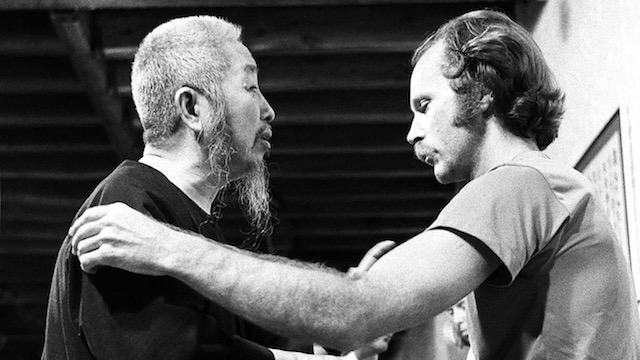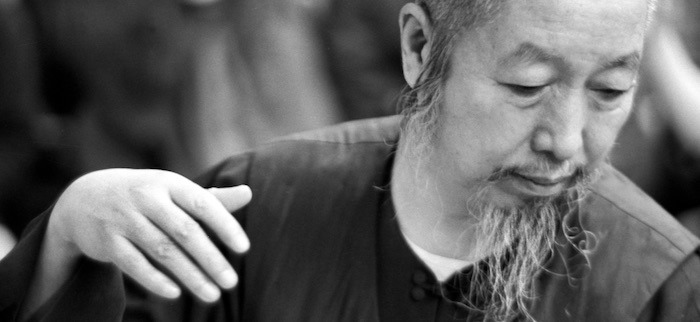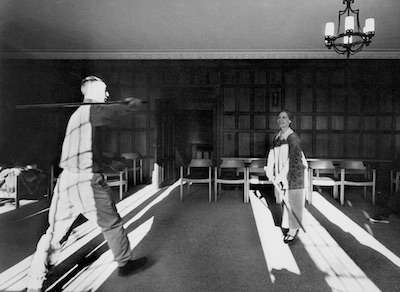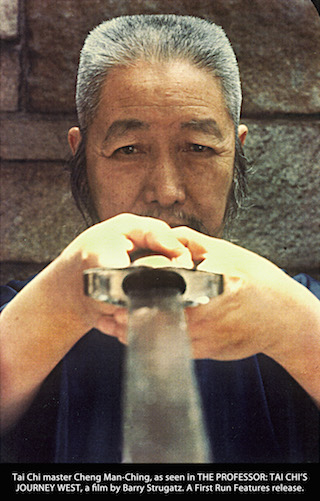Notes on Cheng Man Ching’s Tai Chi System X
Momentum is used in Tai Chi while doing the forms, along with centrifugal force, gravity and levity.
Momentum in Push Hands
In Push Hands, momentum plays a much more essential and dramatic role. For example when we are ‘pushing’ with a partner and we notice that they are leaning forward, we can pull their arm down, causing them to loose their alignment and their balance.
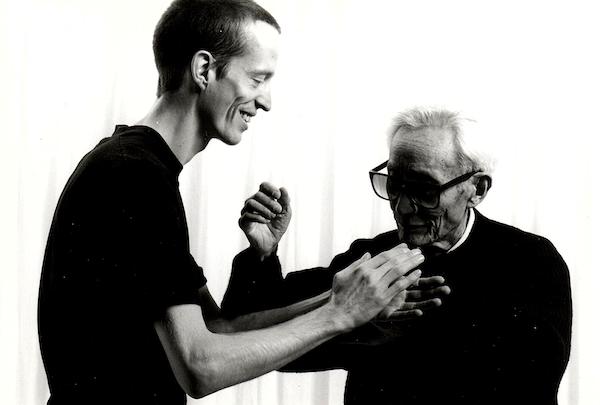
At this point it would be easy to push them if pushing them is our goal. A higher scenario would be to release their arm after we have pulled it down. The partner will then try to recover to his upright position (moving away and losing his root). As he moves, we follow his backward momentum and effortlessly push him, in the direction he is already moving.
Author: Ken van Sickle
Images: Ken van Sickle
German version of the article series
See also our Taijiquan Classics article
Momentum as Qi: Further Reading
In the Cheng Man Ching tradition, „momentum“ is also used as a synonym for Qi related to (physical) movement. One example is Dr. Tao Ping-Siang’s use of the notion in his translation of the Tai Chi Classics.
(GK)
Let the opponent use immense force against you. Deflect the momentum of a thousand jin (one jin is about 1.1 pounds) using a trigger force of only four ounces. Lead your opponent in. Let your opponent become unbalanced and concentrate your power at that moment .
Adhere (Nien), be continuous (Lien), Stick (Tie), Follow (Shi), and neither pull away nor push back (bu diu, bu ding).
Observe the words “to deflect the momentum of a thousand jin, use a trigger force of four ounces”, which clearly mean not to win the game just by strength.
Watch the form and speed of the old man (of 80 to 90 years) who defends himself from young men. How can he do it so well?
- Notes on Cheng Man Ching’s Tai Chi System
- Fight or Flight: Tai Chi’s general attitude
- Tai Chi is „swimming in air“
- (Mis)alignment in Tai Chi
- Roll Back
- The Cheng Man Ching 37 Form – Shortening and Changing the Yang Form
- Cheng Man Ching Push Hands
- Tai Chi’s Role
- Ride the Horse in the Direction it is Going
- Momentum
